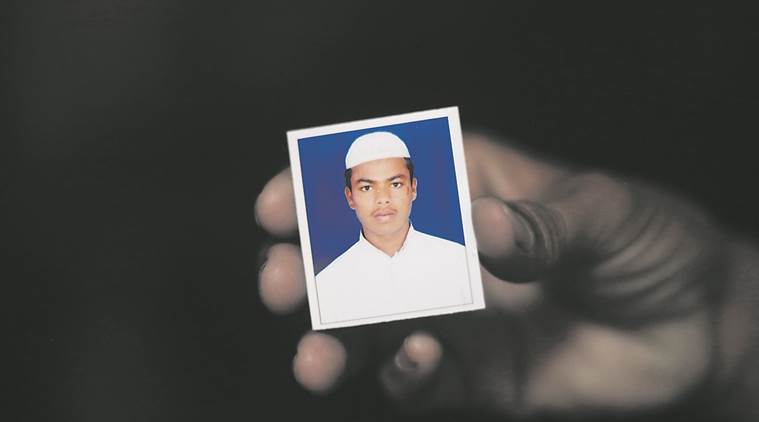A fast-track court in Jharkhand under IPC Section 302 (murder) for the first time convicted 11 people including a BJP leader for murdering Alimuddin on the ‘pretext of Gau-Raksha’. Of the accused persons, three members belong to Gau Raksha samiti, and were convicted under Section 120B (conspiracy) or pre-planning the murder. The first to be mob lynched on suspicion of carrying beef was Mohammad Akhlaq in Dadri, soon after which reports of ‘murders’ started pouring from across the Indian northern states.
The fast-track court providing justice within a span of nine months proved the justice can still be given in time in this country. While in the case of Rajasthan’s Pehlu Khan, those who killed him were given clean chit and Khan was made a criminal with charges of cow smuggling. As long as Junaid Khan’s lynching was concerned, the Supreme Court stayed the trial seeking a response from the CBI and Haryana government for transferring the case from police to the investigating agency.
On the other hand, the cattle traders suffered losses with a cap on their sale, whether live or dead. The farmers, like always, had to bear the burden as they could not sell any for the reason that Centre had put a ban on cattle sale for slaughter. However, the government without accepting realised that this condition is not practically be achieved, as well as the market for meat suffered a heavy reduction. After BJP lost in Alwar, the focal point of gau-Raksha, it indicates that even Gau-Raksha cannot save the vote banks.

